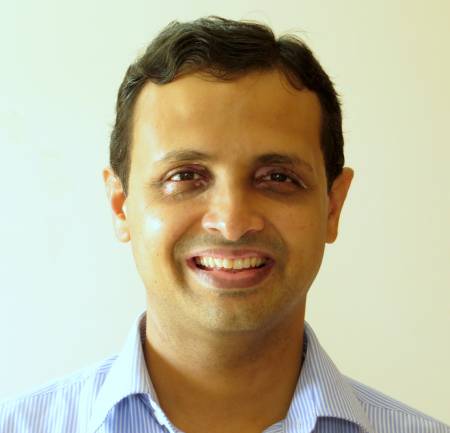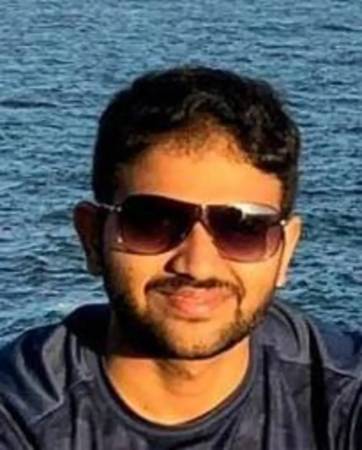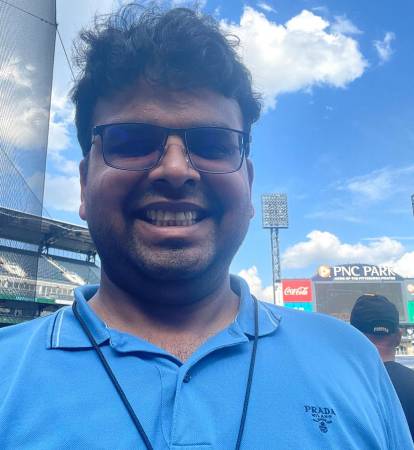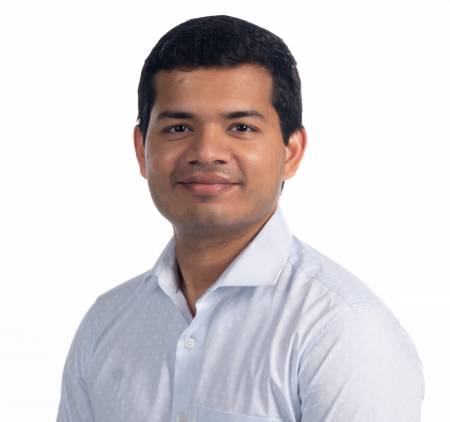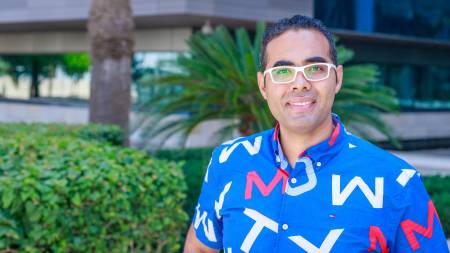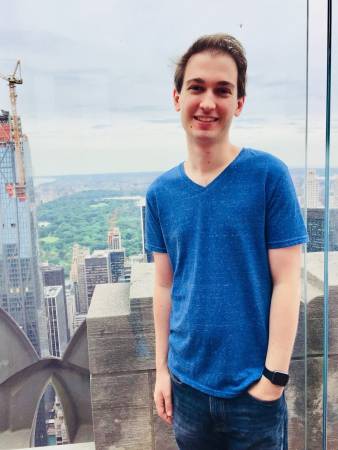VASC Seminar
Going Beyond Continual Learning: Towards Organic Lifelong Learning
Abstract: Supervised learning, the harbinger of machine learning over the last decade, has had tremendous impact across application domains in recent years. However, the notion of a static trained machine learning model is becoming increasingly limiting, as these models are deployed in changing and evolving environments. Among a few related settings, continual learning has gained significant [...]
Predictive Scene Representations for Embodied Visual Search
Abstract: My research advances embodied AI by developing large-scale datasets and state-of-the-art algorithms. In my talk, I will specifically focus on the embodied visual search problem, which aims to enable intelligent search for robots and augmented reality (AR) assistants. Embodied visual search manifests as the visual navigation problem in robotics, where a mobile agent must efficiently navigate [...]
Generating Beautiful Pixels
Abstract: In this talk, I will present three experiments that use low-level image statistics to generate high-resolution detailed outputs. In the first experiment, I will use 2D pixels to efficiently mine hard examples for better learning. Simply biasing ray sampling towards hard ray examples enables learning of neural fields with more accurate high-frequency detail in less [...]
Towards Reliable Computer Vision Systems
Abstract: The real world has infinite visual variation – across viewpoints, time, space, and curation. As deep visual models become ubiquitous in high-stakes applications, their ability to generalize across such variation becomes increasingly important. In this talk, I will present opportunities to improve such generalization at different stages of the ML lifecycle: first, I will [...]
Vision without labels
Abstract: Deep learning has revolutionized all aspects of computer vision, but its successes have come from supervised learning at scale: large models trained on ever larger labeled datasets. However this reliance on labels makes these systems fragile when it comes to new scenarios or new tasks where labels are unavailable. This is in stark contrast to [...]
Large Multimodal (Vision-Language) Models for Image Generation and Understanding
Abstract: Large Language Models and Large Vision Models, also known as Foundation Models, have led to unprecedented advances in language understanding, visual understanding, and AI. In particular, many computer vision problems including image classification, object detection, and image generation have benefited from the capabilities of such models trained on internet-scale text and visual data. In [...]
Imaginative Vision Language Models: Towards human-level imaginative AI skills transforming species discovery, content creation, self-driving cars, and emotional health
Abstract: Most existing AI learning methods can be categorized into supervised, semi-supervised, and unsupervised methods. These approaches rely on defining empirical risks or losses on the provided labeled and/or unlabeled data. Beyond extracting learning signals from labeled/unlabeled training data, we will reflect in this talk on a class of methods that can learn beyond the vocabulary [...]
World Knowledge in the Time of Large Models
Abstract: This talk will discuss the massive shift that has come about in the vision and ML community as a result of the large pre-trained language and language and vision models such as Flamingo, GPT-4, and other models. We begin by looking at the work on knowledge-based systems in CV and robotics before the large model [...]
Digital Human Modeling with Light
Abstract: Leveraging light in various ways, we can observe and model physical phenomena or states which may not be possible to observe otherwise. In this talk, I will introduce our recent exploration on digital human modeling with different types of light. First, I will present our recent work on the modeling of relightable human heads, [...]
Dynamic 3D Gaussians: Tracking by Persistent Dynamic View Synthesis
Abstract: We present a method that simultaneously addresses the tasks of dynamic scene novel-view synthesis and six degree-of-freedom (6-DOF) tracking of all dense scene elements. We follow an analysis-by-synthesis framework, inspired by recent work that models scenes as a collection of 3D Gaussians which are optimized to reconstruct input images via differentiable rendering. To model [...]
